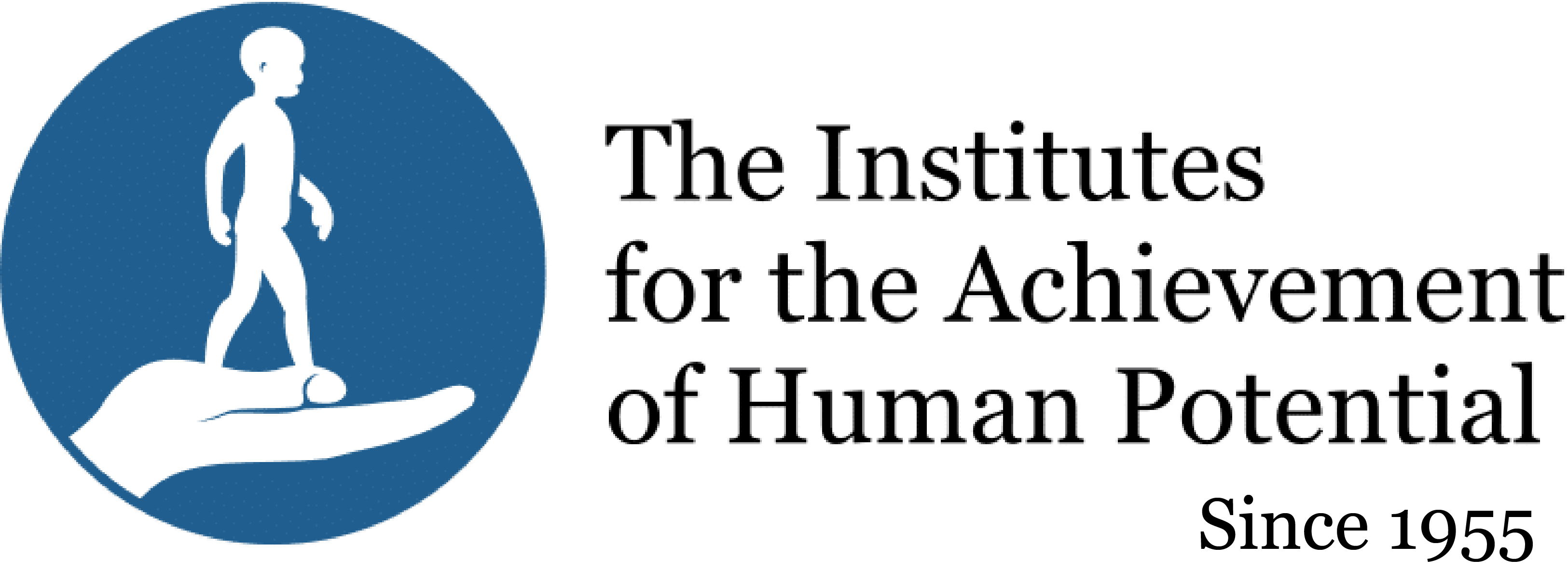- About
-
-
-
-
-
Connect with us
-
-
- Special Needs Child
-
-
-
-
-
Upcoming Course
-
-
- Early Development
-
-
-
-
-
Upcoming Courses
-
-
- Success Stories
- Store
- Consultation/Consulta
Call us +1 (215) 233-2050
- Search
Developmental Delay
Is a diagnosis of Developmental Delay a life sentence?
Overview Developmental Delay
“Developmental Delay” and “Pervasive Developmental Disorders” (PDD) are labels that describe a group of 5 conditions that share common patterns involving difficulty with communication and socialization. Medical professionals and doctors sometimes give children with these problems a very negative outlook for health and success in life.
Our programs are based on a more modern understanding of these conditions. “Developmental Delay” and “Pervasive Developmental Disorder” (PDD) are not diagnoses but rather descriptions of a set of symptoms in a brain-injured child.


Recovery from Developmental Delay
To be successful one must treat the brain, where the injury actually exists. The Institutes offers a comprehensive home program that focuses on neurological growth and development. Our goal is physical, physiological, intellectual, and social growth towards excellence for each child.
Parents may wish to bring their child to The Institutes. After a detailed history is taken and a careful and thorough evaluation is completed, a diagnosis is made and a home treatment program is designed for each child and carefully taught.
Myths & Facts
Myths
Myth About Developmental Delay
- They will always be slow learners.
- Their speech, coordination, and behavior problems are unlikely to change.
- They may need to be medicated.
Facts
Our View on Developmental Delay
- They can learn just like other kids.
- Their neurological problems can be treated.
- Amphetamines, barbiturates, anti-psychotic, and tranquilizers alter brain function.
Developmental Delay Success Stories
Parents from around the world have helped their children diagnosed with Developmental Delay or PDD to move along the path to wellness. Using the programs developed by The Institutes, children diagnosed with Developmental Delay or PDD have been able to improve function and, in many cases, perform at peer level-and above.

Malcolm – Age 3
“We have been doing the program now for 9 months, and he is a completely different boy. When he started the program, he said only three words. He now has 300-400 words, and more words are coming.“

George – Age 3
“It is incredibly difficult when your child’s eyes don’t work, when he can’t look at you...These things DO NOT improve when you wait and see. They do not improve when you don’t work at it every single day. Your child has only you, you must step up and do everything possible”

Tim – Age 4
It has been a year since Tim came for his first evaluation at The Institutes. In the last year, Tim has continued to make incredible gains. He not only reads, but also loves to read homemade books that his parents make for him.
Get The Tools You Need To Support Your Child’s Development
Upcoming Courses
For Parents of Hurt Children

What To Do About Your Brain-Injured Child
A life-changing course. Parents learn what to do, how to do it and why it works. Presented in English & Spanish

 Donate
Donate
